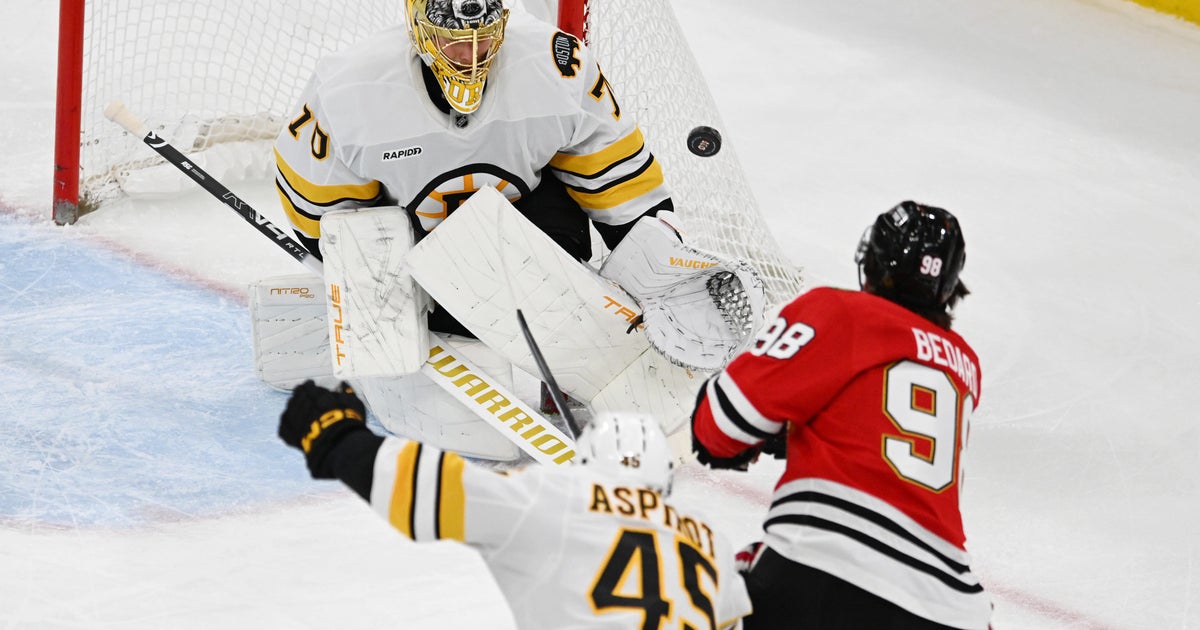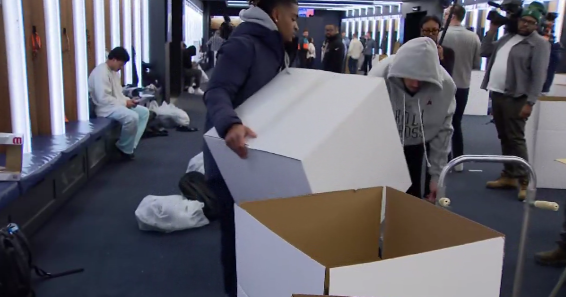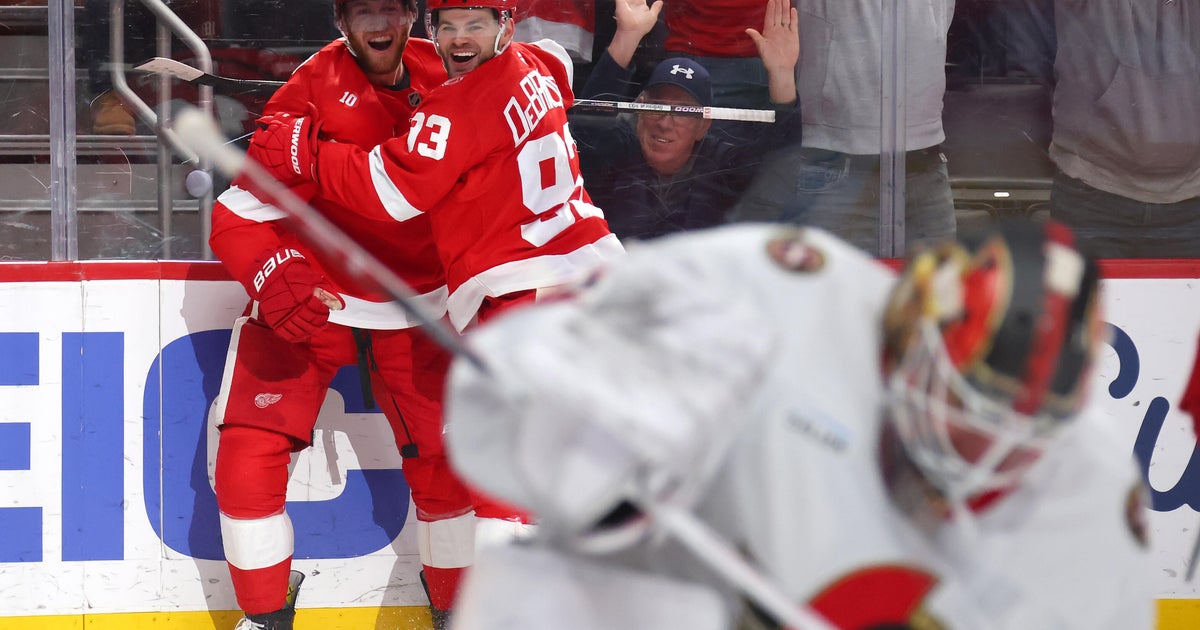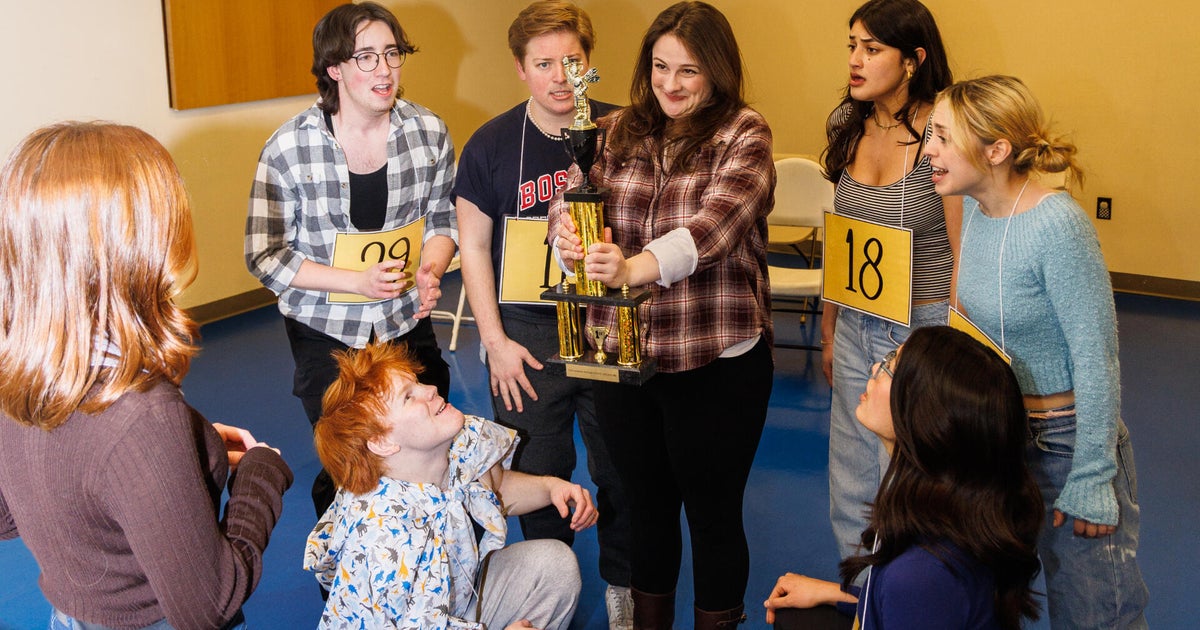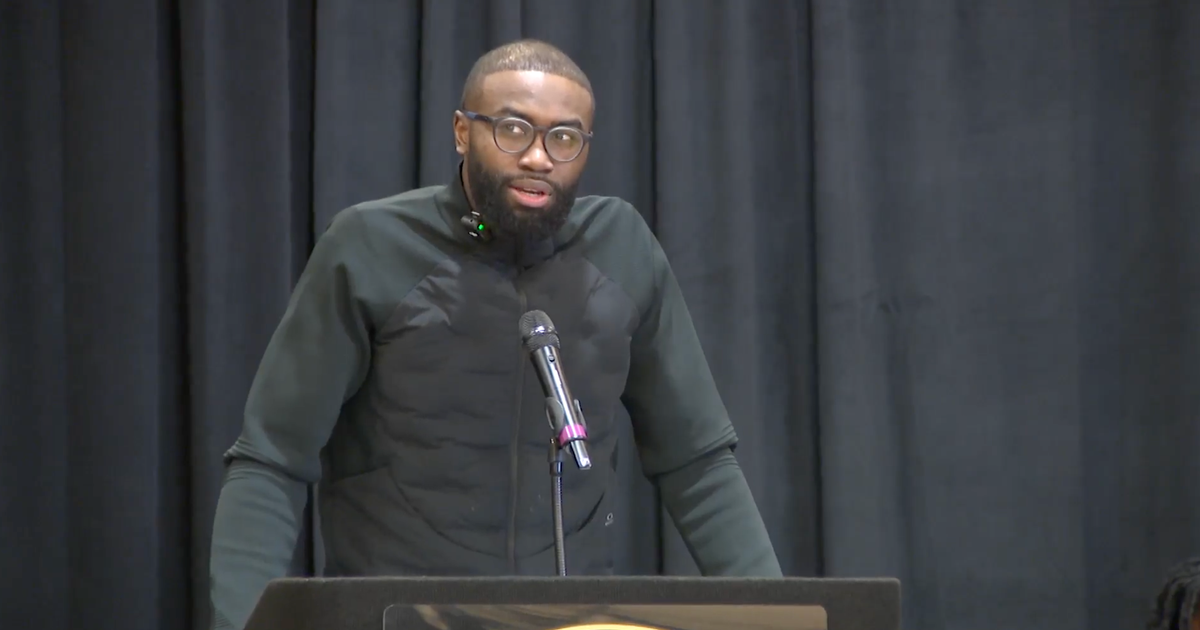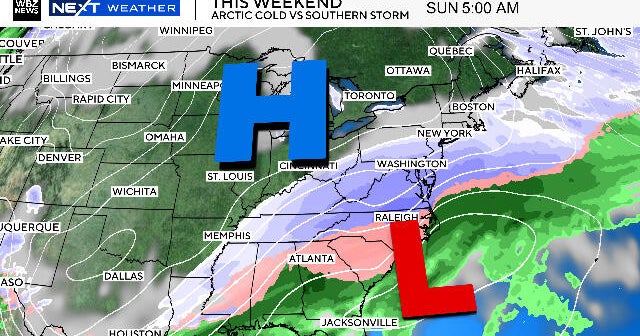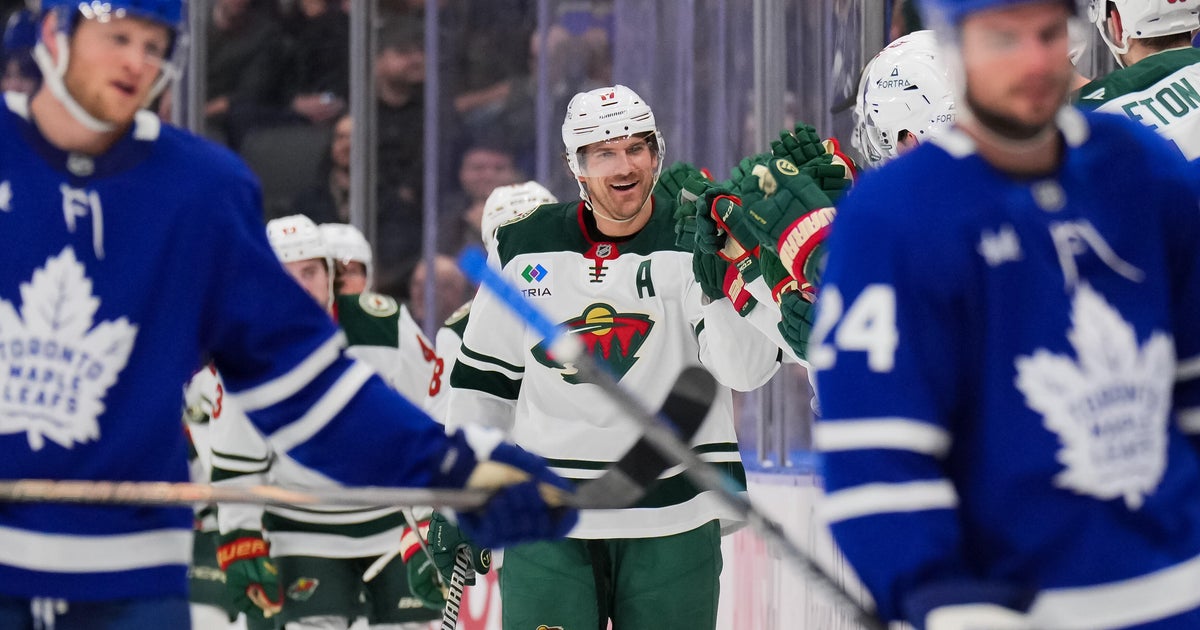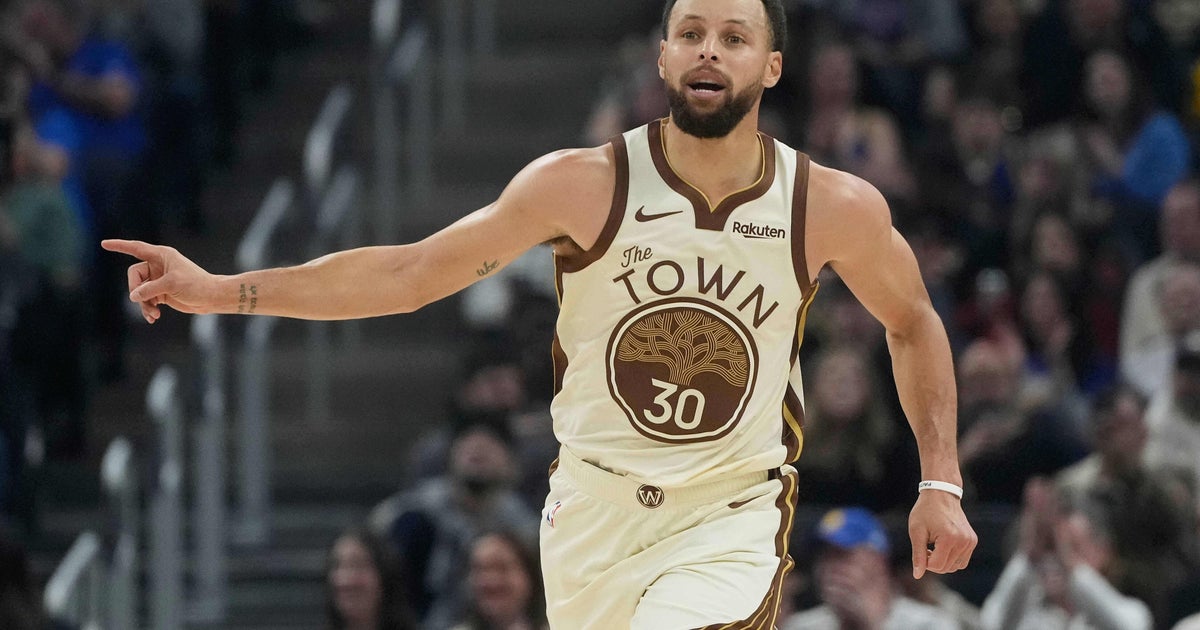With Tuukka Rask, Bruins Have Massive Goaltending Advantage Against Capitals
By Michael Hurley, CBS Boston
BOSTON (CBS) -- Sometimes it's honestly very difficult to get an accurate assessment of what people in this town think about Tuukka Rask. If you listen solely to sports radio and Twitter, then you'd be convinced that the entire city is convinced that he's the worst crunch-time goaltender in the history of hockey, that he's soft, that he looks for excuses to tap out, and that he's basically a nightmare to have on the team.
Just go to Twitter and search the words "Tuukka" (or, more accurately, "Tuuka") and "choke" or "soft" or "puddle" or -- best of all -- "tummy ache" and you'll be crushed by an avalanche of red-hot, fiery, and extremely inaccurate takes from people who purportedly want the Bruins to win hockey games.
It's a wild time.
Anyways, it's extremely likely that these anti-Rask voices do not represent the entirety, or the majority, or even a very large portion of Bruins fandom. Right? RIGHT?!! Nevertheless, with the playoffs set to begin on Saturday night, it's worth taking a moment to remind everybody of one simple fact.
The Bruins have a massive -- massive -- edge in the goaltending department for this series.
Massive.
We don't need to do a deep dive on Rask's entire regular-season and postseason career ... BUT WE WILL ANYWAY, PAL! Later.
For now, let's look at the Capitals' goaltending situation. It's not great.
Start with this: No starting goaltender has been named for the playoffs. And that won't change before Saturday night.
Very cool.
Laviolette's options are, of course, rookie Vitek Vanecek and second-year netminder Ilya Samsonov -- maybe. Samsonov was suspended by the team and then ended up on the COVID-19 list, and he's still there as of this writing. Samsonov actually contracted the virus early in the season, and it's not entirely clear when or if he'll be available for this first-round series. His availability could be significant if Vanecek struggles, but then again,it also might not matter at all.
This, obviously, wasn't Washington's plan when they signed Henrik Lundqvist last October, unfortunately losing the veteran for the year due to a heart condition that required surgery.
The young duo -- Vanecek is 25, Samsonov is 23 -- handled all of but two of the Capitals' 56 games this year (veteran Craig Anderson started two games along the way). As a team, the Capitals allowed the 15th-most goals in the NHL, worst among East Division playoff teams -- and by a significant margin, compared to the Islanders (second-fewest) and Bruins (fourth-fewest).
Washington's team save percentage of .906 had them ranked tied for 19th with Arizona. That's the third-worst mark among the 16 playoff teams, better than only the Blues (.905, tied for 22nd) by a hair, and better than the Canadiens (.901, tied for 26th), who made the playoffs by default and aren't really a Stanley Cup contender.
This figures to be a problem.
Vanecek posted a .905 save percentage in seven games against the Bruins this year, with a 2.86 GAA. That, though, included a 24 saves-on-25 shots performance against an AHL roster in the season finale. Prior to that, Vanecek had an .897 save percentage vs. the Bruins. Samsonov had an ugly .872 save percentage and 4.00 GAA vs. Boston in just two games (one start) this year.
Vanecek and Samsonov combined have zero playoff experience, which could go one of two ways. They could struggle mightily while facing a veteran team multiple times in a row, or they could find lightning in a bottle and become superstars. One of those scenarios is much more likely than the other.
If the Capitals forwards are healthy, then the team has enough firepower to win some playoff games, and perhaps a series or two, considering the nature of this divisional format for two rounds. But if the Capitals figure to have a fatal flaw in their quest for a second Cup in four years, it is in net.
Then you have the Bruins. Boy, do you ever.
It's here that it's important to touch on Tuukka Rask's postseason career, because the reality gets distorted beyond control at all times. So here is the raw data.
In 93 playoff starts, Rask owns a 51-42 record, a .926 save percentage, and a 2.20 goals-against average.
Among qualified goaltenders, that's the eighth-best postseason save percentage in NHL history.
Among goalies with at least 52 starts (why I chose 52, we'll visit momentarily), Rask ranks second all time in playoff save percentage, just .0038 behind Braden Holtby for the best of all time.
Among goalies with more than 70 playoff starts, Rask has the single-best even-strength save percentage at .932. (That stat has been tracked since 1998.) He also has the third-best power-play save percentage (.893) and the sixth-best shorthanded save percentage (.929) since 1998.
BEST SAVE PERCENTAGE, NHL PLAYOFF HISTORY (Min. 55 starts)
1. Braden Holtby, .9262
2. Tuukka Rask, .9258
3. Dominik Hasek, .9251
4. Johnny Bower, .9237
5. Jonathan Quick, .9221
Those playoff stats do include two "playoff games" last year, when seeding games in the bubble -- before Rask had to leave due to a family emergency involving his daughter back home in Boston -- counted as playoff games for some reason. So consider that from 2013-19, in 70 playoff games, Rask posted a .930 save percentage and a 2.10 GAA.
Is all of this to suggest that Tuukka Rask is the greatest playoff goaltender in the history of the sport? No! Not even close. The eras are too different, and most of these leaderboards are full of modern players. Everybody knows this.
The point, instead, is this: In this era where goaltenders rule, Rask has been better and more consistent than just about everyone else. That shouldn't be a matter of debate at all, really, but here we are.
Of course, the goalie -- much like the quarterback in football -- tends to get more blame than deserved for losses and more credit than deserved for wins. Such is the nature of the sport, so until or if Rask wins a Cup (as the starter, don't be a wiseacre here, people), fans will always want more out of him. Understood.
But the narratives and critiques and complaining really don't match the reality of the picture at all.
For instance, the idea that he chokes in big moments has persisted for quite some time. Perhaps that came about when he blew the 3-0 lead as a young goaltender in 2010, or perhaps when he allowed a pair of goals in the final minutes of Game 6 of the Cup Final. We'll touch on that latter moment soon enough.
Regardless, it's ridiculous. To suggest he chokes or folds in pressure situations is to assume that ... it's normal for goalies to lead their teams on two separate runs deep into a Cup Final, the second of which would have absolutely brought about a Conn Smythe Trophy for Rask if the Bruins had maybe scored a couple of more goals. (Rask might have deserved it, even in a losing effort. He was 15-9 with a .934 save percentage and a 2.02 GAA in that playoff run.)
It's also to suggest that, say, the conference finals wouldn't qualify as a pressure situation. Considering the loser goes home for the summer and the winner moves on the play for the Cup, it would seemingly be a high-pressure type of series, no?
In the 2013 conference finals, against the NHL's No. 1 scoring team in Pittsburgh, Rask posted an OUTRAGEOUS .985 save percentage, allowing just two goals all series for a comical 0.44 GAA with two shutouts.
But maybe shutting down Hall of Famers Sidney Crosby, Evgeni Malkin and Jarome Iginla, as well as talented goal scorers like Chris Kunitz and Pascal Dupuis, and winning a double-overtime thriller (which included 14 saves in a tied third period and 15 saves after regulation) ... maybe that was ... not ... a big moment?
(Reader, it feels like a big moment.)
If that's not your cup of tea, though, you could always look at the 2019 conference finals. In that series, yes, a trip to the Cup Final was on the line once again. The losers had to hit the golf course. Same stakes. Almost the same results. Against the Hurricanes two years ago, Rask allowed just five goals in four games, good for a .956 save percentage and 1.25 GAA. He recorded a shutout in the clinching game, on the road. The Bruins swept the series, advancing to the Stanley Cup Final.
Are the conference finals not a big enough moment? Or do the nerves not come on until the final round?
One cannot be a choker if one has done such things on such grand stages.
Nevertheless!
You could also point to another area of that 2019 run. The Bruins faced elimination in Games 6 and 7 against Toronto and Game 6 against the Blues, in St. Louis. In those three games -- two of which were on the road -- with the whole season on the line, Rask allowed just one goal in two of the games and two goals in the other. He posted a, posting a .953 save percentage and a 1.33 GAA.
Game 6 in St.Louis, in particular, was incredible. With the "Keepers of the Cup" hanging out nearby in case the Blues took the series, Rask was unbelievable. In a raucous road environment, with the Cup on the line, the only goal Rask allowed was one that trickled maybe a centimeter or two over the goal line. (He also got a little mid-air help from Charlie McAvoy, too.) Some handsome writers even dubbed it "The Tuukka Rask Game" -- and that clever name might have even stuck, too, if the Bruins had maybe scored some goals in Game 7.
If you believe that Tuukka Rask cannot handle big moments, I implore you to watch this video. Seriously. Watch it. It's under two minutes. You can do it.
Now I implore you to feel shame.
Of course, those are merely the highs. Putting aside the fact the Bruins would have lost Game 7 in Chicago without Patrice Bergeron, the 17-second span late in Game 6 vs. the Blackhawks will always hang over Rask. While Rask was obviously the last line of defense on those two stunning Blackhawks goals, those who hold him solely responsible for it are also likely those who have never bothered to watch the goals back again. They really ought to watch those goals with an analytical eye, but they are unlikely to do so to gain a more complete understanding of what broke down. Such is life.
There are also those who consider the Game 7 loss to the Blues to be another choke job by Rask. Perhaps you'd have liked him to have stopped Alex Pietrangelo in a 1-on-1 situation (after Brad Marchand decided that he desperately needed a line change with 12 seconds left in the period), but you also might want the Bruins to have put a puck past Jordan Binnington earlier than the 58th minute of the hockey game. After Rask stood on his head in Game 6, nobody on the Bruins really showed up for Game 7. That should be the lasting memory of that dreadful team performance, but it's generally become "Rask lost another big one."
And lastly, of course, there is the shadow of Tim Thomas.
There will always be the shadow of Tim Thomas, because Tim Thomas won the Stanley Cup, and Tim Thomas made some memorably spectacular saves, and Tim Thomas became the first person to ever post a shutout on the road in Game 7 of the Stanley Cup Final. For that, Tim Thomas has become a Boston sports legend. Rightfully so, obviously.
This part is unrelated, but this is just a delightful photograph, one that deserves to be seen.
Very nice.
Oh -- and remember that arbitrary qualifier of 52 starts earlier? That was because Thomas started 51 playoff games, and he has the best playoff save percentage of that group. Oh! And even he lost some big games -- Game 7 vs. Carolina in 2009 and Game 7 vs. Washington in 2012 among them. Was that because he choked in the big moments, or because winning is hard and rare? (Still a legend. Still rightfully so!)
But ... you have to realize that in three home games against the Canucks, the Bruins scored 17 goals. Seventeen. In total, the Bruins scored 23 goals in that series -- or 3.3 per game. In their four wins, the Bruins averaged 5.25 goals per game. In their three losses, they averaged 0.67 goals per game.
Against the Blues in 2019, the Bruins had four home games but scored just eight total goals. That matches the number of goals that the 2011 Bruins scored in Game 3 alone. In their three wins vs. St. Louis, the Bruins averaged 5.33 goals per game. In their four losses to St. Louis, the Bruins scored just six total goals, or 1.5 per game.
Bump that number up to 2.0 -- or ask the refs to not miss the most egregious tripping penalty in hockey history -- and you're not sitting around after witnessing stellar goaltending for a decade-plus and complaining about this choking bum who wilts in big games.
Alas. A. Freaking. Las.
Nobody will really care until or if Rask wins the Stanley Cup. Understandable. I do just wish the conversation around the good-at-sports man could be more honest. You'd have an easier time discussing politics and religion among mixed company in Boston than you would talking about the best goaltender in franchise history. It's truly a wild phenomenon.
As for this series, provided Rask is healthy and engaged and locked in and seeing pucks and all of that, he should give the Bruins a significant edge in the crease.
And if the choking choker gets a widdle tummy ache ... then, hey, that's no problem. Because Jeremy Swayman is the future, and Jeremy Swayman is the truth.
Duh.
Bruins in five. Can't win a playoff series without a goalie. You'll see.
You can email Michael Hurley or find him on Twitter @michaelFhurley.



